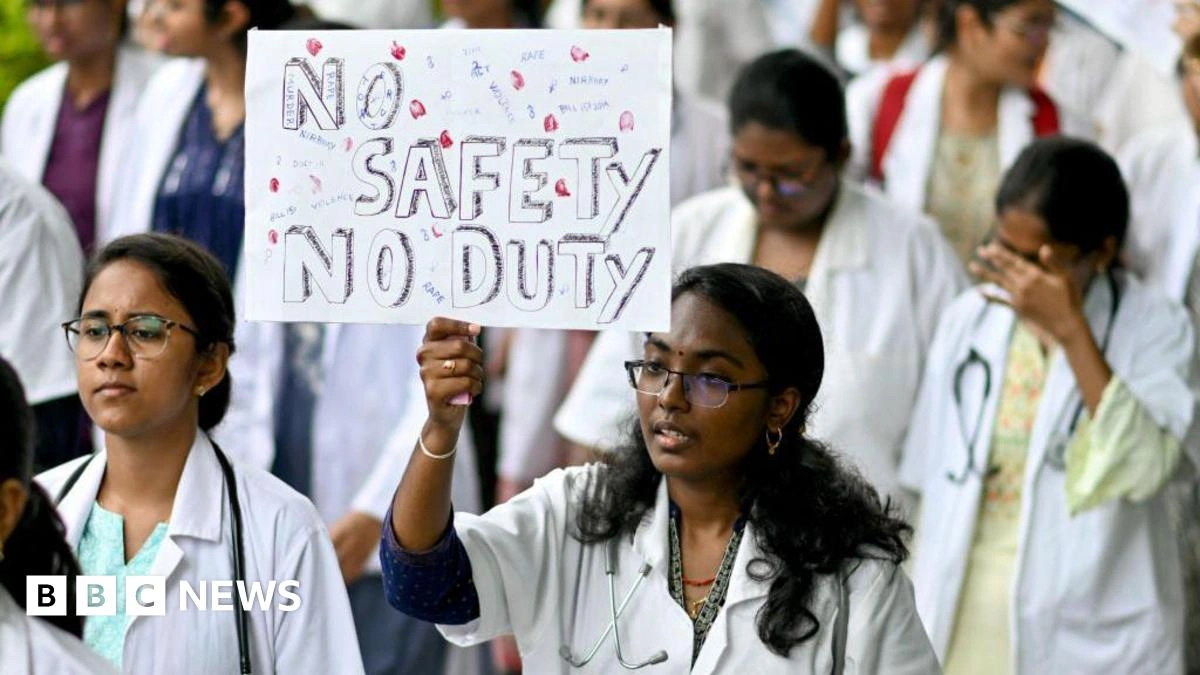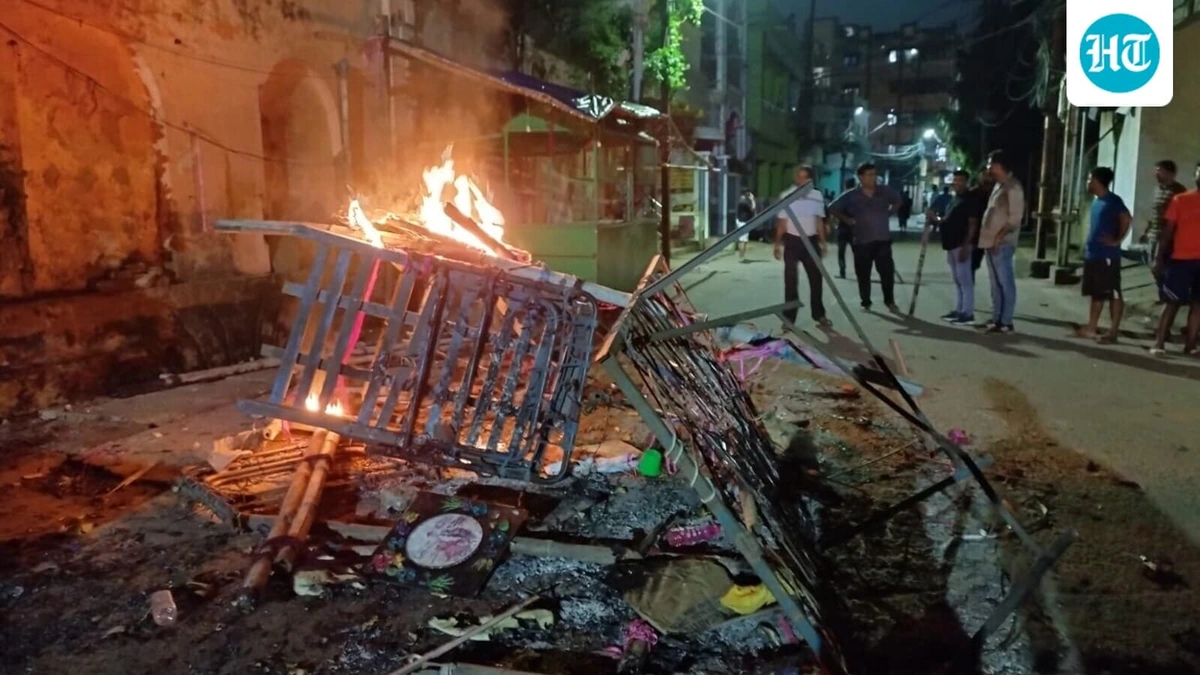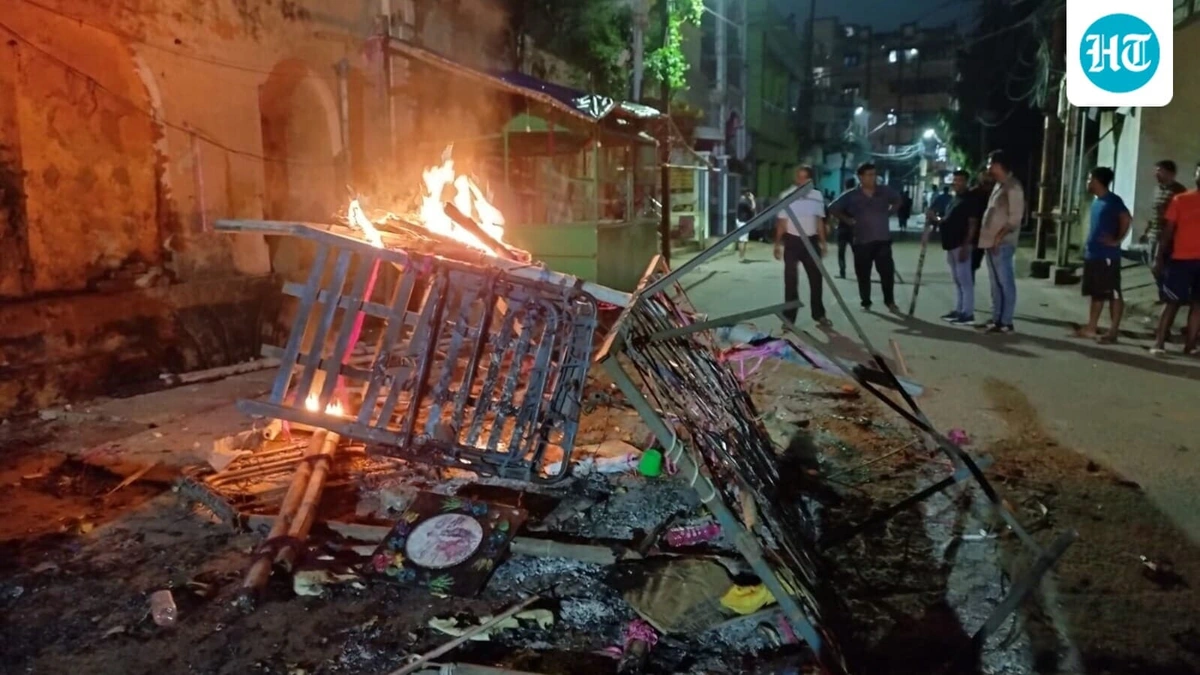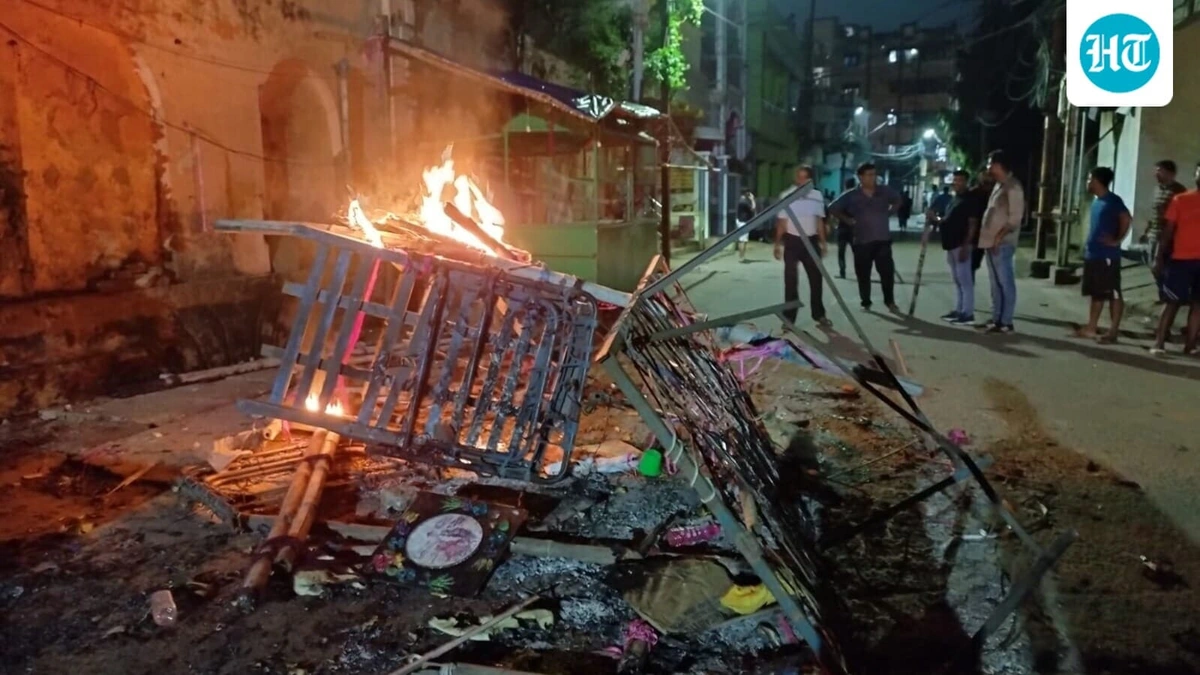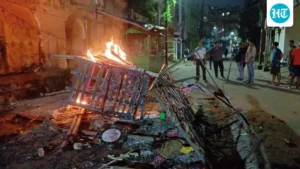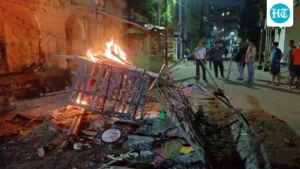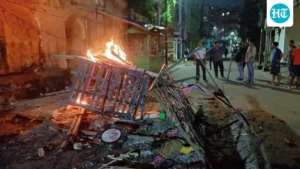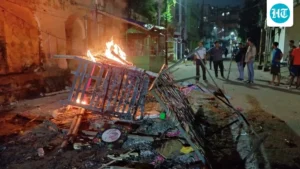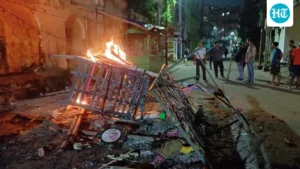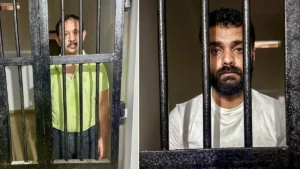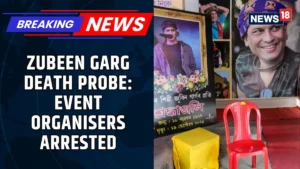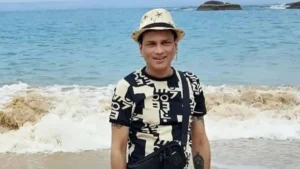Delhi Medical Student Claims Rape, Accuses Assailant of Drugging and Filming Her
The news hit like a punch to the gut: a Delhi medical student rape case, with accusations of drugging and filming. It’s easy to get lost in the initial shock and anger, but what’s truly crucial here isn’t just what happened, but why it keeps happening and how we, as a society, can start to change the deeply ingrained issues that allow such heinous acts to occur. Let’s be honest; this isn’t just a news story; it’s a mirror reflecting some ugly truths about our society.
Beyond the Headlines | Understanding the ‘Why’
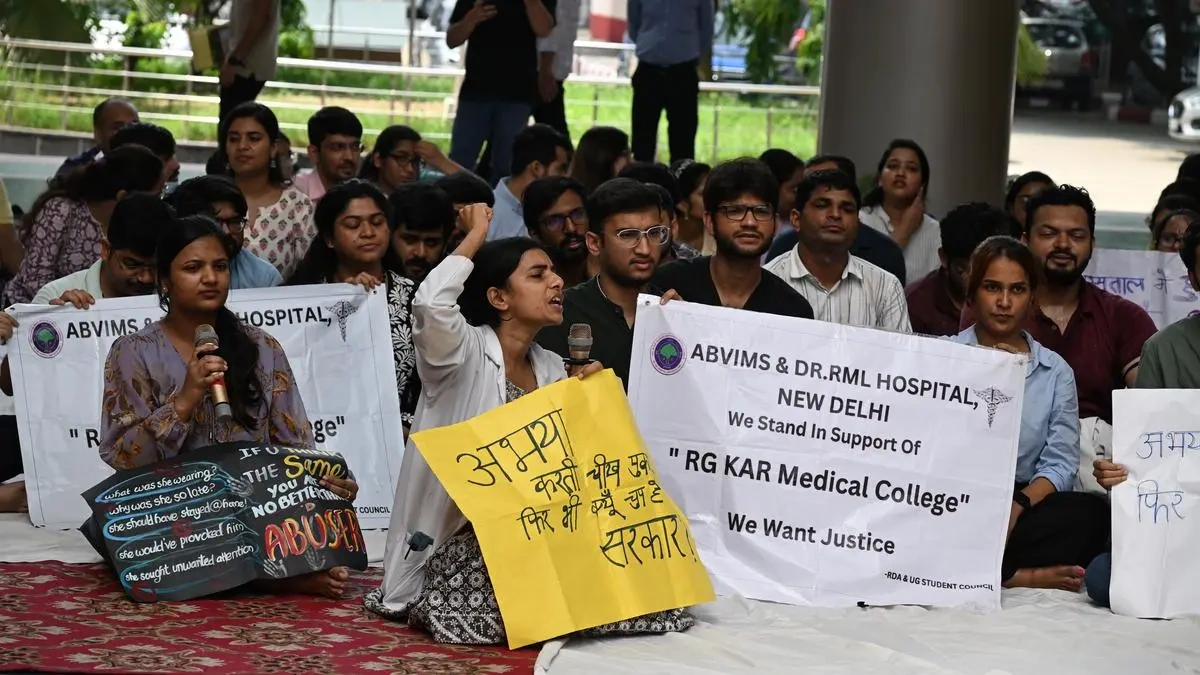
Why does this kind of crime persist? It’s a question that demands more than just outrage. It requires a hard look at the systemic issues at play. We need to understand that the rise in sexual assault is not just about individual perpetrators, it’s about a culture that normalizes objectification, minimizes women’s experiences, and often fails to hold offenders accountable. A significant contributing factor is the deeply entrenched patriarchal mindset, where women are not always viewed as equals, leading to power imbalances and a sense of entitlement among some men. This isn’t an excuse, not by a long shot, but understanding the root causes is the first step toward prevention. Think of it like treating a disease – you can’t just address the symptoms; you need to diagnose and tackle the underlying cause. The criminal justice system’s response to sexual violence cases also needs urgent reform. Often, survivors face insensitive questioning, long delays, and a general lack of support, further discouraging reporting.
The Digital Dimension | When Technology Becomes a Weapon
The accusation of filming the assault adds another layer of horror to this case. We need to talk about the non-consensual filming and distribution of such content. It’s a grave violation of privacy and dignity that can have devastating and long-lasting psychological effects on the survivor. This is not just about the initial act of violence but also about the potential for perpetual trauma through the circulation of these videos. The rise of technology has unfortunately provided new avenues for abuse, and our laws and societal norms are struggling to keep up. There are laws around the cyber crime and the information technology act but enforcement is usually a major issue. The online availability of such content creates a permanent record of the assault, constantly reminding the victim of their trauma and potentially exposing them to further harassment and exploitation. Legislation needs to be strengthened to address these emerging forms of abuse effectively, and social media platforms need to take greater responsibility for policing and removing such content.
The Legal Landscape | Justice Delayed is Justice Denied
Let’s rephrase that for clarity – the wheels of justice turn slowly, often grinding survivors down in the process. The legal process in India for prosecuting sexual assault cases is notoriously slow and complex. Delays in investigations, court proceedings, and judgments can leave survivors in a state of limbo, prolonging their trauma and hindering their healing process. The burden of proof often falls heavily on the survivor, who may have to relive the details of the assault repeatedly, facing skepticism and victim-blaming along the way. There needs to be a radical overhaul of the judicial system to ensure speedy trials, victim-friendly procedures, and greater sensitivity among law enforcement and judicial personnel. Special fast-track courts dedicated to sexual assault cases, along with comprehensive support services for survivors, are essential to ensuring that justice is not only done but is also seen to be done.
What Can We Do? Shifting the Narrative
So, what can we do beyond expressing outrage? How do we move from being passive observers to active agents of change? Education is paramount. We need to start teaching young people about consent, respect, and healthy relationships from a young age. Schools, families, and communities all have a role to play in shaping attitudes and behaviors. We have to challenge the cultural norms of silence, victim-blaming, and impunity that perpetuate these crimes. Creating safe spaces for survivors to speak out, providing them with access to counseling, legal aid, and support services, and holding perpetrators accountable are essential steps. It also includes advocating for policy changes, demanding better law enforcement, and supporting organizations working to prevent and address sexual violence. Remember, this isn’t someone else’s problem; it’s our problem, and we all have a responsibility to be part of the solution.
Visit Metro Station for city related articles.
Preventing Future Tragedies | A Multi-Pronged Approach
The solution isn’t a single fix; it’s a complex, multi-pronged approach. It involves strengthening laws, improving law enforcement, changing societal attitudes, and providing comprehensive support for survivors. For example, the Nirbhaya Fund, established to support initiatives aimed at enhancing the safety and security of women, needs to be utilized more effectively and transparently. And here’s the thing: bystander intervention training can empower individuals to safely intervene when they witness potentially harmful situations. Campaigns aimed at challenging gender stereotypes and promoting respectful relationships can help create a more equitable and safer society. Ultimately, preventing future tragedies requires a fundamental shift in how we think about and address sexual violence. It requires a collective commitment to creating a society where everyone feels safe, respected, and valued.
FAQ Section
Frequently Asked Questions
What immediate steps should a victim of sexual assault take?
Prioritize safety and seek medical attention immediately. Report the incident to the police. Preserve any evidence and seek counseling.
What is the role of bystanders in preventing such incidents?
Bystanders can intervene safely by distracting the potential perpetrator, calling for help, or checking in with the potential victim.
How can I support someone who has experienced sexual assault?
Listen without judgment, believe their story, and offer practical support like accompanying them to appointments or helping them find resources.
What are the legal options available to survivors of sexual assault in India?
Survivors can file a police complaint under Section 376 of the Indian Penal Code, which deals with rape, and seek legal representation to pursue their case.
Where can I find reliable resources and support for survivors of sexual assault?
Organizations like the National Commission for Women, various NGOs, and helplines provide counseling, legal aid, and other support services.
What if I am afraid to report the incident to the police?
You can seek help from NGOs or support groups that can provide guidance and assistance in reporting the incident anonymously if needed.
For more local news , visit Cuttack news .
This case of sexual harassment case isn’t just a legal matter; it’s a call to action. A call to examine our own biases, challenge harmful norms, and work together to create a society where such acts are not only punished but, more importantly, prevented. The Delhi medical student’s story, while deeply disturbing, can be a catalyst for real and lasting change if we choose to let it be.
